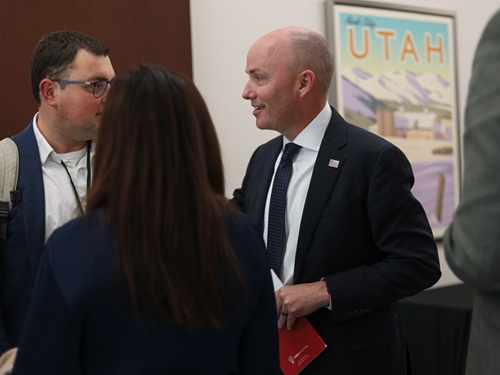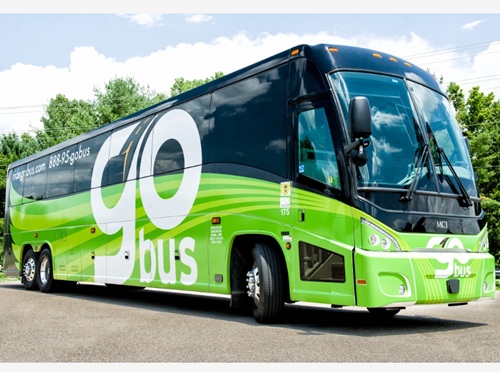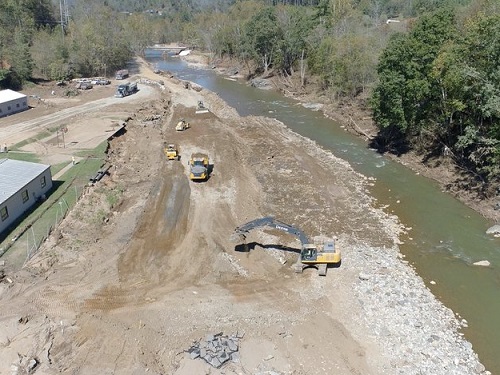The North Carolina Department of Transportation recently notified local municipalities that they can use state transportation funds primarily dedicated to street resurfacing needs to cover eligible costs related to Hurricane Helene recovery operations.
[Above photo by NCDOT]
NCDOT noted it distributed half of the $186 million in State Street Aid to Municipalities, known as Powell Bill funds, to 508 North Carolina municipalities in late September, with the other half slated for distribution by January 1, 2025. Of those recipients, 134 municipalities are in the areas of Western North Carolina hit hardest by Hurricane Helene.
Powell Bill funds – generated by state fuel tax revenues and other highway user fees – are used primarily to resurface municipal streets. They can also be used to maintain, repair, construct or widen streets, bridges and drainage areas within the corporate limits.
The amount each municipality receives is based on a formula set by the North Carolina General Assembly, with 75 percent of the funds based on population and 25 percent based on the number of locally maintained street miles. Municipalities can also use the funds to plan, construct and maintain bike paths, greenways, or sidewalks, the agency noted.
“We distribute the Powell Bill funds every year about this time to help cities and towns resurface streets and make other necessary transportation improvements,” said Joey Hopkins, NCDOT secretary, in a statement.
“But a lot of folks are surprised to learn they can use the Powell Bill money for road and bridge repairs and other recovery efforts associated with natural disasters like Helene,” he added
In addition to repairing municipal streets impacted by the storm, participating municipalities can use Powell Bill funds to remove Helene-related debris from municipally maintained streets covered by the program, added Molly Stevens, NCDOT’s Powell Bill program coordinator.
The fund is named for Junius K. Powell, a former state senator and mayor of Whiteville, who was the primary sponsor of the 1951 bill that helped the state’s cities with urban road problems.
 States
States
Master Plan Map Completed for Utah Trail Network
October 31, 2025 States
States

